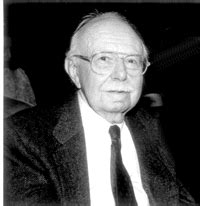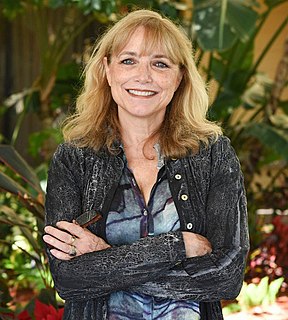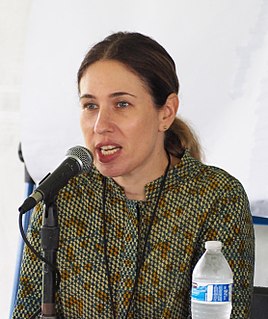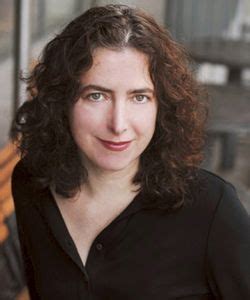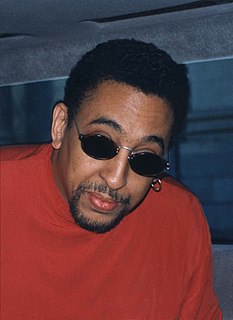A Quote by Aaron Sorkin
I'm very physical. When I'm writing, I'm playing all the parts; I'm saying the lines out loud, and if I get excited about something - which doesn't happen very often when I'm writing, but it's the greatest feeling when it does - I'll be out of the chair and walking around, and if I'm at home, I'll find myself two blocks from my house.
Related Quotes
There are times when I can find myself in a book, too, for two or three hours. But afterward I have such an urge to go out and reach for other people. Very often they're not around. There's also a metaphysical loneliness. We all feel it. The burden of living one's own life is experiencing sensations that no one else can share. You take a step in a house, you start moving around the house, no one else moves with you. You're walking by yourself.
Often, I write to feel better and to heal - to cope with things that I'm dealing with. I'm either writing to get out of a feeling or to get into the feeling, to feel it more. Usually it's the perfect remedy, but if it isn't, I focus on other parts of what I'm making that don't involve writing. If neither are working, I simply forfeit the day.
The basic thing is to be humble, and pretend you're a bartender in the tavern of life. Don't get too comfortable and don't really listen to anybody else. Don't stand around with a bunch of writers and talk about writing. You know when you see plumbers at a plumbers convention, usually they're not talking about plumbing: they're talking about whatever it is that two men happen to talk about. They're talking about sports, their wives and children. I just tell my students, don't talk about writing too much, just go out and do it. Find out whatever you need to get to the mainland.
I've found a bit of success in my career, and I'm very relieved by it, but the success that comes after a book is published is never as happy as the feeling of writing, of knowing you've written something good, of feeling like you've had a worthwhile day in the chair. That's the best feeling I know, and as soon as writing stops making me feel that way, I'll stop doing it.
People have a very limited idea of what being creative is - playing the guitar or the flute or writing poetry - so people go on writing rubbish in the name of poetry. You have to find out what you can do and what you cannot do. Everybody cannot do everything. You have to search and find your destiny. You have to grope in the dark, I know. It is not very clear-cut what your destiny is, but that's how life is. And it is good that one has to search for it - in the very search, something grows.
To me, writing is a very physical process. I lay out the entire book with the two narratives side by side on my bedroom floor, and just get down on my hands and knees and start looking at it in that physical space. "Does this really follow from this? Should this be here or elsewhere?" I will literally cut the paper into paragraphs. I'll cut it into segments and move the segments around from one narrative to the other until I feel that I've found the natural structure.
The daily writing practice is something I used to hear batted around a lot in writing workshops - which is probably why I dropped out of all the writing workshops. I wish I could take credit for innovating a new approach to writing, but the truth is that I've managed to write books despite myself. I'm lazy and ungovernable and undisciplined, but I do have a lot of anxiety about never amounting to anything and ending up as a bag lady.
I just said, you know, this is a great track but this lyric, I don't believe it. It sounds like I'm trying to say something, instead of it naturally coming out of me, like I was saying something that I already knew. Anyway, I can't remember what it was. And either I threw it all out or I threw 90 percent of it out, and kept a line or two. That's happened a couple of times to me. Not too often, but a couple of times. Very aggravating when it does happen.
I haven’t had trouble with writer’s block. I think it’s because my process involves writing very badly. My first drafts are filled with lurching, clichéd writing, outright flailing around. Writing that doesn’t have a good voice or any voice. But then there will be good moments. It seems writer’s block is often a dislike of writing badly and waiting for writing better to happen.

